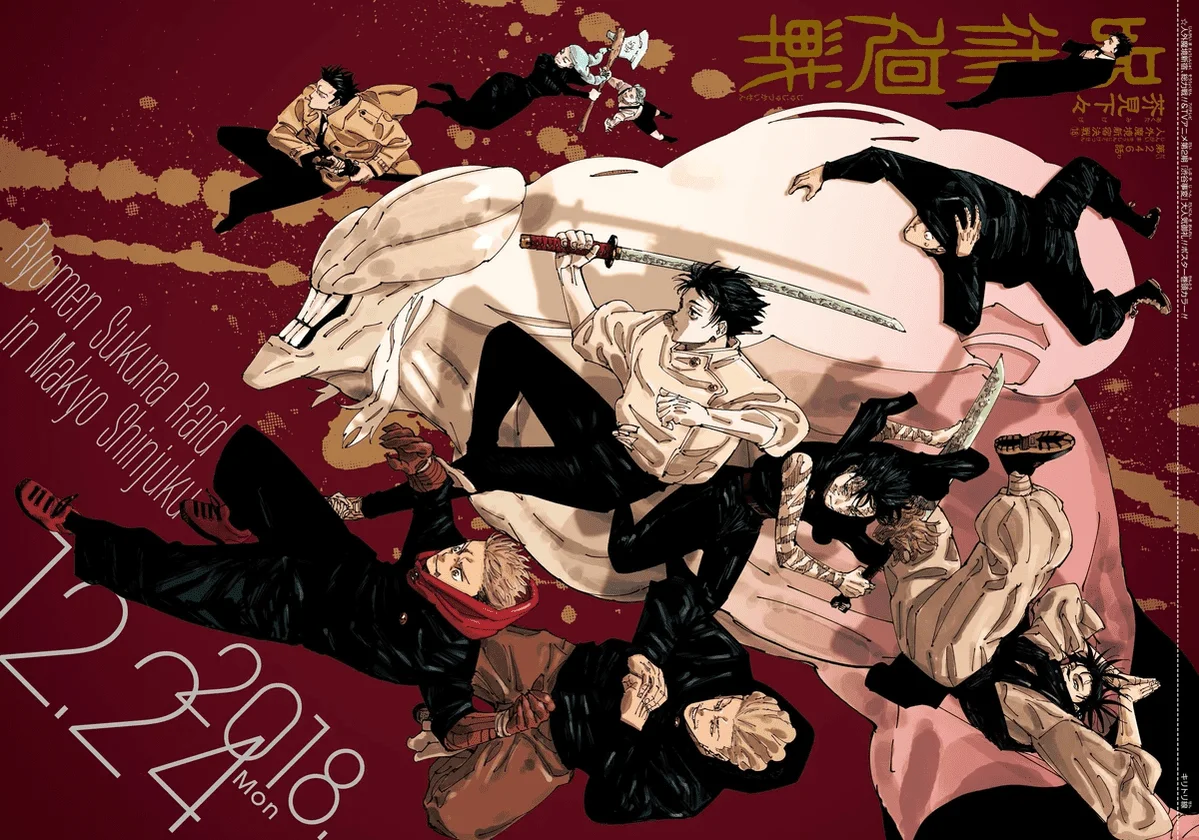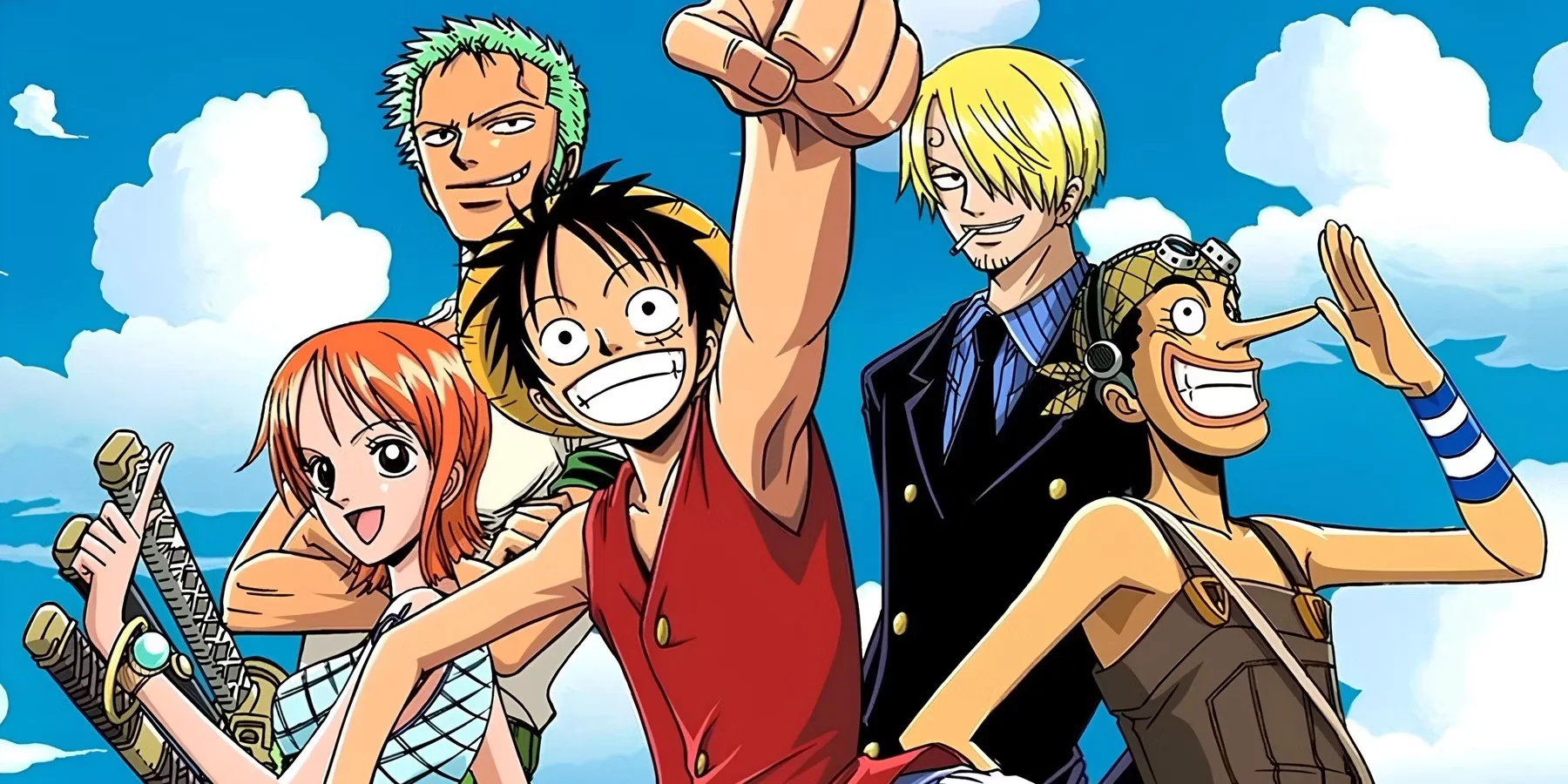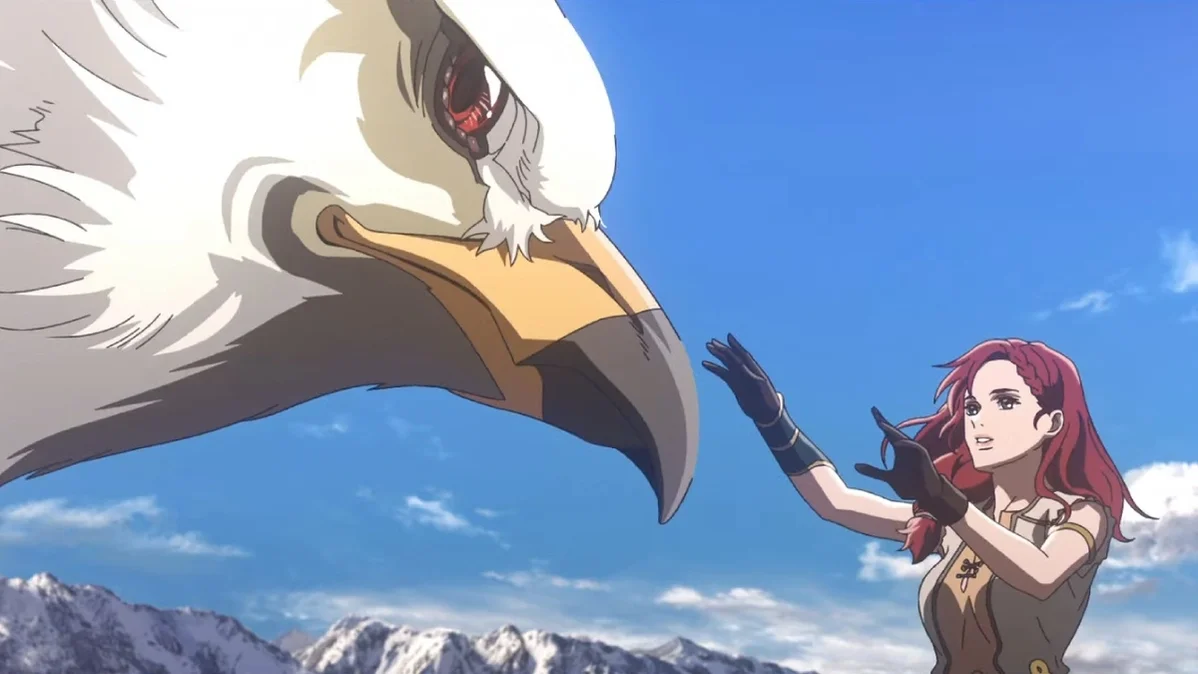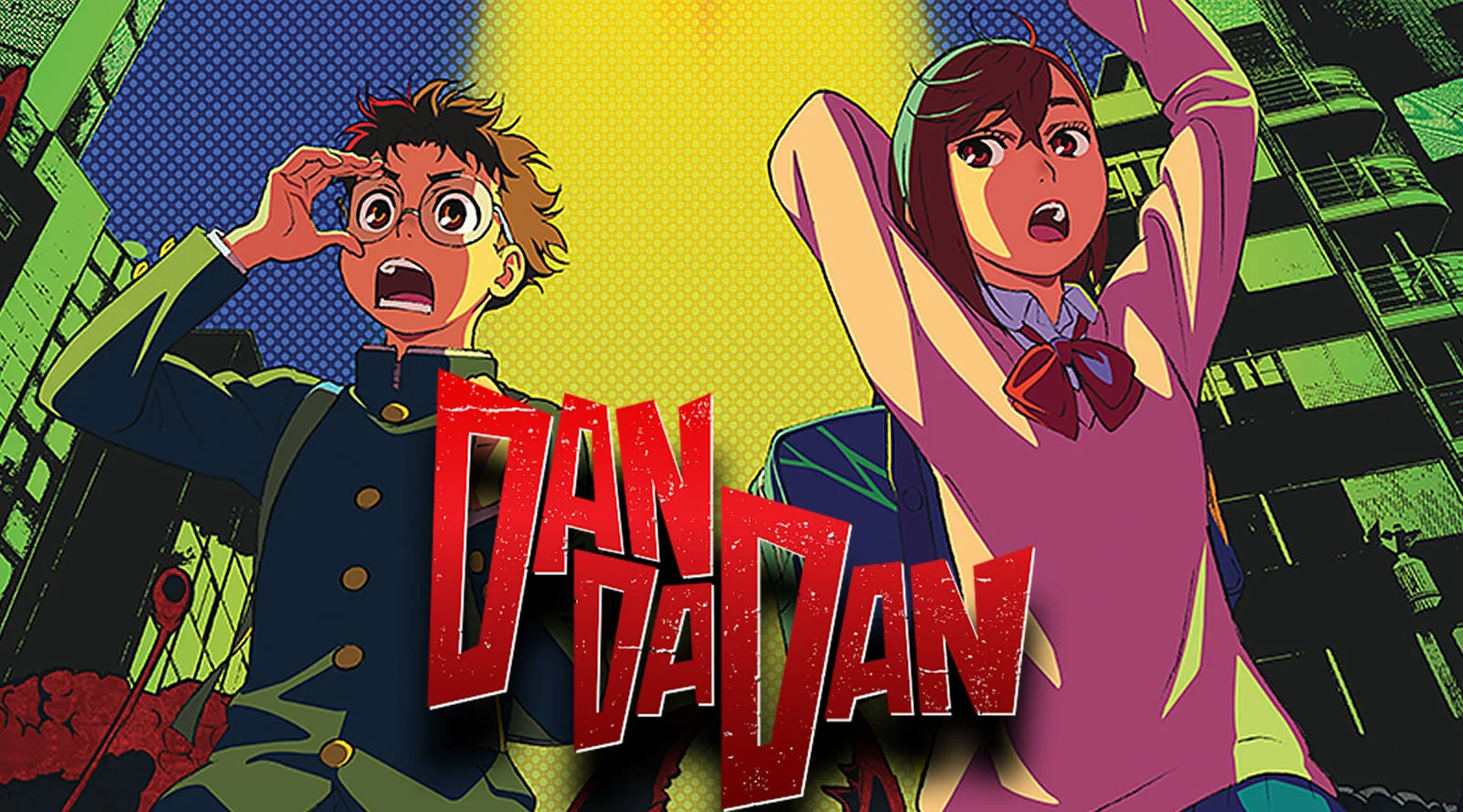“I Want to Eat Your Pancreas” is a title that catches your eye immediately, and it might even make you do a double-take. But beyond the unusual name lies a deeply moving story that has touched the hearts of many. Based on a novel by Yoru Sumino, this story was adapted into both a manga and an anime film. It’s a story about life, death, and the connections we make with others. The title, strange as it may seem, carries a metaphorical meaning that adds depth to the narrative. This blog will take you through the plot, characters, themes, and cultural impact of “I Want to Eat Your Pancreas,” offering a comprehensive look at why this story has become so beloved.
Plot Overview
The story revolves around two high school students: Sakura Yamauchi, a bright and cheerful girl, and the unnamed male protagonist (later revealed as Haruki Shiga), a quiet and reserved boy. The plot kicks off when Haruki finds Sakura’s diary in a hospital waiting room, where he discovers that she is suffering from a terminal pancreatic illness. Despite her condition, Sakura chooses to live her life to the fullest and forms an unexpected bond with Haruki, who is the only one outside of her family who knows about her illness.
As they spend more time together, Haruki and Sakura grow closer, and their friendship blossoms into something that transcends the usual high school relationship. The story beautifully captures the fleeting nature of life, the pain of impending loss, and the importance of cherishing every moment. Despite the heavy themes, “I Want to Eat Your Pancreas” is filled with moments of joy, laughter, and love, making it a well-rounded narrative.
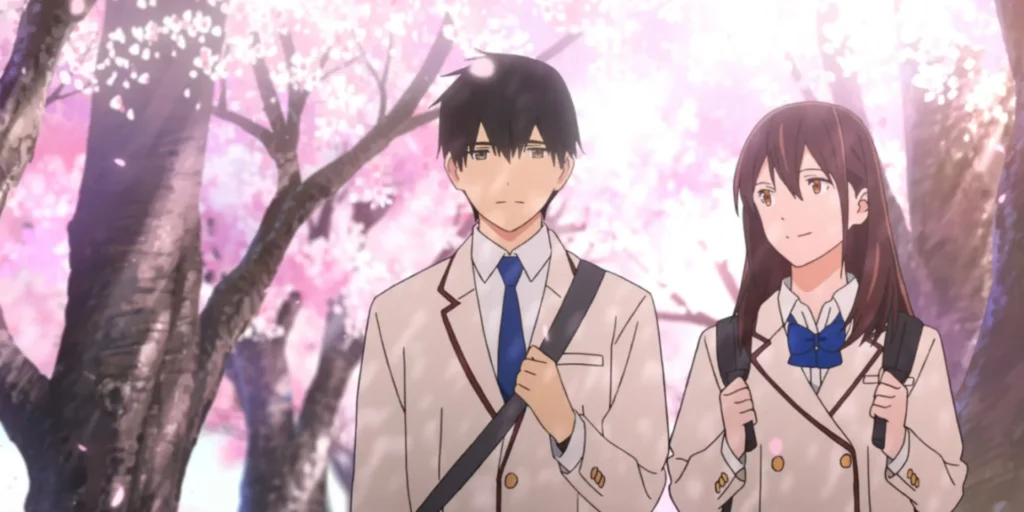
Character Analysis
Sakura Yamauchi
Sakura is the heart of the story. Her upbeat personality and determination to live her life fully, despite her terminal illness, make her a compelling and inspirational character. She refuses to let her illness define her, instead choosing to embrace every day with positivity and a smile. Sakura’s relationship with Haruki is central to the plot, as she helps him come out of his shell and experience life in a way he never has before. Her character embodies the theme of living life to the fullest, even in the face of death.
Protagonist (Haruki Shiga)
Haruki starts as a solitary figure, content with living his life in the shadows. He’s introverted and prefers to keep to himself, which makes his encounter with Sakura all the more significant. Through his relationship with Sakura, Haruki undergoes significant character development. He learns to open up, express his emotions, and form meaningful connections with others. Haruki’s journey from isolation to connection is a crucial aspect of the story’s emotional impact.
Supporting Characters
While Sakura and Haruki are the main focus, other characters also play vital roles. Kyoko, Sakura’s best friend, and Takahiro, Sakura’s ex-boyfriend, add depth to the story by highlighting different aspects of Sakura’s life and relationships. These characters help flesh out the narrative, showing the various ways people cope with impending loss and the complexity of human emotions.
Themes and Symbolism
“I Want to Eat Your Pancreas” is rich with themes and symbolism. The most obvious theme is the exploration of life and death. Sakura’s terminal illness is a constant reminder of the fragility of life, and the story urges viewers to appreciate every moment they have. Friendship and connection are also central themes, as seen in the evolving relationship between Sakura and Haruki. Their bond shows how human connections can profoundly impact our lives, even in the face of death.
The title itself is a metaphor that adds layers to the story. In the context of the story, it refers to an old belief that eating a certain organ can cure ailments related to that organ. However, in a more symbolic sense, it represents the deep desire to connect with another person on a fundamental level, to share their pain, joy, and life experiences. This metaphor ties into the story’s exploration of the human condition and the relationships that define us.
Manga vs. Movie Adaptation
“I Want to Eat Your Pancreas” was first published as a novel, which was later adapted into a manga and then an anime film. Each version brings something unique to the story, but the core narrative remains the same. The manga allows for more detailed exploration of characters and themes, while the anime film offers stunning visuals and an emotionally charged soundtrack that enhances the storytelling.
The movie adaptation, released in 2018, was well-received by both fans and critics. It captured the essence of the original story while adding a new dimension through its animation and voice acting. The differences between the manga and movie adaptations are minor, with both versions staying true to the heart of the story. However, some fans prefer the manga for its deeper character development, while others appreciate the visual and auditory experience of the anime.
Cultural Impact
“I Want to Eat Your Pancreas” has had a significant cultural impact, both in Japan and internationally. In Japan, the novel was a bestseller, and the movie was a box office hit. The story’s themes of life, death, and human connection resonated with audiences, leading to widespread acclaim. The anime film was nominated for several awards and won the Japan Academy Prize for Animation of the Year.
Globally, “I Want to Eat Your Pancreas” gained a dedicated fanbase, with many praising its emotional depth and storytelling. The movie’s success helped introduce the story to a broader audience, further cementing its place in anime and manga culture. The story has also inspired fan art, fan fiction, and discussions in online communities, showing its lasting influence.
I Want to Eat Your Pancreas (2015) pic.twitter.com/3kSJSjWBUU
— anime tweets (@animesvibes__) June 22, 2024
Personal Reflections and Conclusion
“I Want to Eat Your Pancreas” is more than just a story about illness and loss; it’s a story about life, love, and the connections that make life worth living. The characters of Sakura and Haruki remind us of the importance of embracing life, even in the face of uncertainty. The story’s emotional depth and relatable themes have made it a beloved work in the anime community and beyond.
For anyone looking for a story that will make them laugh, cry, and reflect on their own life, “I Want to Eat Your Pancreas” is a must-watch or read. It’s a story that stays with you long after it’s over, leaving a lasting impression on your heart and mind. The legacy of “I Want to Eat Your Pancreas” will undoubtedly continue to resonate with audiences for years to come, reminding us all to cherish every moment and connection in our lives.
I Want to Eat Your Pancreas is a beautiful and moving anime movie that explores what it means to truly live.
Our review: https://t.co/83lnRODTGU pic.twitter.com/y1qEB7UyB9
— IGN (@IGN) February 6, 2019



